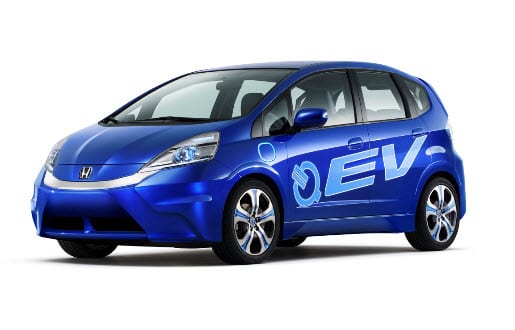
University of California researchers power fuel cell using ethanol
June 7, 2012Development of new fuel cells gains momentum
Efforts to develop new types of fuel cells have been gaining more attention lately as fuel cells themselves become more popular. Though fuel cells have been considered a viable replacement for fossil-fuels, the fact remains that the energy systems are still marred with problems that make them unattractive to both consumers and businesses. These problems have been the focus of research and development endeavors all over the world, as is the case at the Center for Energy Research at the University of California in San Diego, where researchers have developed a new kind of fuel cell that may be free from the problems of its conventional counterparts.
SOFC powered by ethanol boasts of higher energy density than counterparts
Researchers from the university have developed a solid oxide fuel cell (SOFC) that can operate using ethanol instead of hydrogen or methanol gas. Using this fuel cell, researchers were able to demonstrate that it could be used to produce large quantities of energy at lower temperatures that are common with other types of fuel cells. The power density for the ethanol fuel cell was four times higher than that produced throughout conventional SOFCs.
Ethanol considered viable alternative to hydrogen
SOFCs are well suited to generate electricity using a variety of fuel sources, such as hydrogen or biofuel, but attempts to use ethanol with these fuel cells have been rare. Researchers believe that ethanol could be a viable alternative to hydrogen for these fuel cells without the concern of sacrificing performance. Using ethanol is also considered more efficient for the longevity of the fuel cell, as the fuel does not have the same oxidation effect that hydrogen does.
Viability of fuel cells depends upon technology advances that solve their inherent problems
For fuel cells to be considered a reliable and definitive replacement for fossil-fuels, research and development of new fuel cell technology must be taken more seriously. Researchers from the University of California note that more work must be done before a SOFC powered by ethanol can be a commercially viable product, but hold out hope that that day is rapidly approaching.



 With over 15 years of reporting hydrogen news, we are your premier source for the latest updates and insights in hydrogen and renewable energy.
With over 15 years of reporting hydrogen news, we are your premier source for the latest updates and insights in hydrogen and renewable energy.